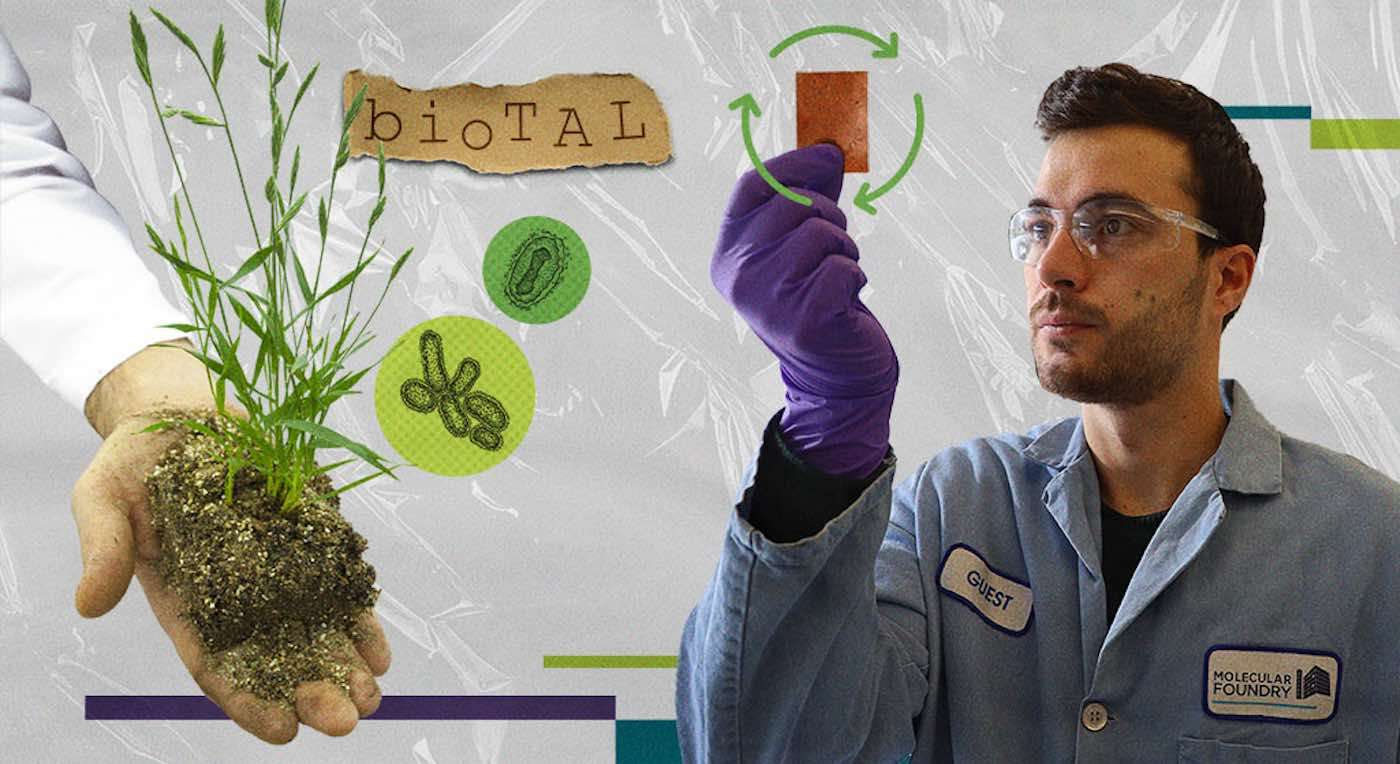Geothermal Power is Finally a Reality After Next-Generation Breakthrough of Carbon-Free Energy in Nevada
Fervo Energy's pilot project confirmed a record production of geothermal energy in Nevada—a breakthrough in next-generation geothermal power.

Scientists at the Lawrence Berkeley National Laboratory have developed a new infinitely recyclable plastic that could be the answer to the world's growing pollution problem.
They've engineered microbes to make the ingredients for a sustainable alternative to the 90% of plastics that can't currently be recycled, many of which use finite, polluting petrochemicals as the building blocks.
The California research team has successfully engineered microbes to make biological alternatives for the starting ingredients in an infinitely recyclable plastic known as poly(diketoenamine), or PDK.
"This is the first time that bioproducts have been integrated to make a PDK that is predominantly bio-based," said project leader Dr Brett Helms.
"And it's the first time that you see a bio-advantage over using petrochemicals, both with respect to the material's properties and the cost of producing it at scale."
He explained that, unlike traditional plastics, PDK can be repeatedly deconstructed into "pristine" building blocks and formed into new products with no loss in quality.
PDKs initially used building blocks derived from petrochemicals, but those ingredients can be redesigned and produced with microbes instead.
Now, after four years of trying, the researchers have manipulated E. coli to turn sugars from plants into some of the starting materials - a molecule known as triacetic acid lactone, or bioTAL - and produced a PDK with roughly 80 percent bio-content.
"We've demonstrated that the pathway to 100 percent bio-content in recyclable plastics is feasible, said Jeremy Demarteau, a project scientist on the team. "You'll see that from us in the future."
He said PDKs can be used for several products-including adhesives, flexible items such as computer cables or watch bands, and even building materials.
Researchers were surprised to find that incorporating the bioTAL into the material expanded its working temperature range by up to 60 degrees Celsius compared to the petrochemical version.
They say that opens the door to using PDKs in items that need specific working temperatures, including sports gear and automotive parts such as bumpers or dashboards.
"We can't keep using our dwindling supply of fossil fuels," said Professor Jay Keasling, senior faculty scientist in Berkeley Lab's Biosciences Area. "We want to help solve the plastic waste problem by creating materials that are both biorenewable and circular - and providing an incentive for companies to use them.
"Then people could have the products they need for the time they need them, before those items are transformed into something new."
The study, published in the journal Nature Sustainability, also builds on a 2021 environmental and technological analysis, which showed that PDK plastic could be commercially competitive with conventional plastics if produced at a large scale.
Corinne Scown, a staff scientist in Berkeley Lab's Energy Technologies Area, added: "Our new results are extremely encouraging.
"We found that with even modest improvements to the production process, we could soon be making bio-based PDK plastics that are both cheaper and emit less CO2 than those made with fossil fuels."
SHARE The Recycling Breakthrough On Social Media… (With writing by Stephen Beech, SWNS)
Be the first to comment